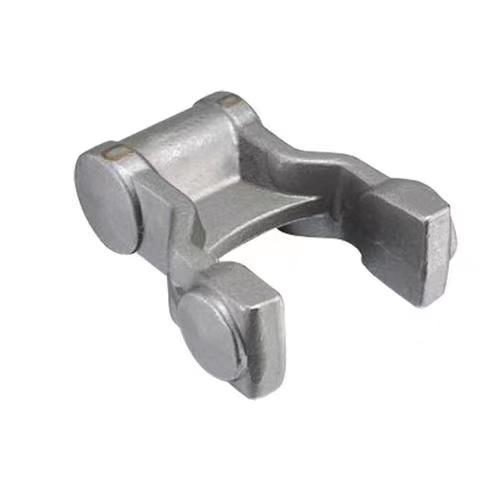Stainless steel forgings
Stainless steel forgings refer to objects in which stainless steel materials are subjected to pressure and are shaped into the required shape or appropriate compression force through plastic deformation.
This force is typically achieved through the use of a hammer or pressure. Forging can eliminate defects such as loose as-cast metal produced during the smelting process and optimize the microstructure. At the same time, due to the preservation of metal streamlines, the mechanical properties of forgings are generally better than castings of the same material.
For important parts with severe working conditions, forgings are mostly used, except for simple shapes that can be rolled plates, profiles or welded parts.
Due to the deformation and recrystallization of stainless steel after hot processing by the forging method, the coarse dendrites and columnar grains change into an equiaxed recrystallization structure with finer grains and uniform size, causing the original segregation, looseness, slag inclusion, etc. in the steel ingot. Compaction and welding improve mechanical properties.
Die forging can ensure that the parts have mechanical properties and long service life, which are unmatched by castings.
Through forging, defects such as loose as-cast metal produced during the smelting process can be eliminated, and the microstructure can be optimized. The mechanical properties of forgings are generally better than castings of the same material.
Carbon steel and stainless steel are suitable for forging processing and can be used to manufacture various mechanical parts, valves, pipes, pump bodies, etc. Stainless steel forgings have been successfully used in desalination pumps, shafts, shells, impellers, rods, and evaporator tank separators and other components. Stainless steel forgings are also widely used in seawater development machinery and structures in contact with seawater. Not only can it be used to manufacture propellers, shafts, submarine seals, etc. for offshore ships, but it is also a good material for manufacturing seawater heat exchangers.
